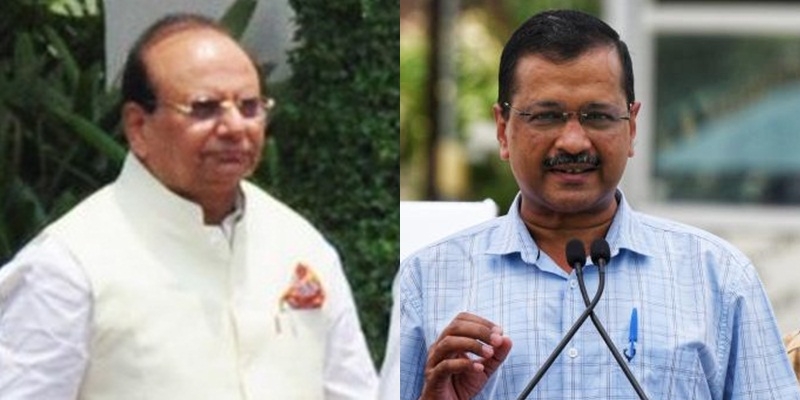
The Presidential order delegates authority to the Delhi LG to form any new statutory bodies and make appointments to various boards, a responsibility previously held by the Delhi government. This change aims to enhance operational efficiency and accountability within the governance structure. The decision also reflects an ongoing trend of centralizing certain administrative functions to improve oversight and management.
This development follows ongoing discussions about the governance structure of Delhi, where the roles and powers of the LG and the Delhi government have been a subject of contention. The central government has often sought to assert its authority over the Delhi administration, which has led to legal and political debates regarding the extent of the LG’s powers compared to the elected government.
The new powers include the authority to constitute statutory bodies such as regulatory commissions and advisory panels, which are crucial for the administration of various public services and regulatory functions. Additionally, the LG will now be responsible for appointing members to important boards that oversee various sectors, including health, education, and infrastructure.
Supporters of the move argue that centralizing these powers will lead to more streamlined decision-making and improved efficiency in the execution of public policies. They believe that the Delhi LG, being appointed by the central government, will bring a level of accountability and uniformity that might be lacking in a more fragmented governance structure.
On the other hand, critics contend that this shift may undermine the role of the elected Delhi government and dilute democratic representation. They express concerns that increased centralization could lead to a disconnect between the governance structure and the local population's needs, potentially affecting the responsiveness and effectiveness of public services.
The Delhi government has expressed its opposition to the decision, arguing that it could lead to bureaucratic delays and hinder the local administration's ability to address issues promptly. The government maintains that it is better positioned to make appointments and establish bodies that align with the local context and needs.
This move is part of a broader pattern where the central government has sought to assert more control over the administration of the NCT of Delhi. Previous instances include disputes over the allocation of powers between the Delhi government and the LG, as well as legal battles regarding the extent of the LG’s authority.
Political analysts view this development as a significant shift in the power dynamics within Delhi's governance. They note that it could lead to further legal and political battles between the central government and the Delhi administration. The impact of this change will likely be closely watched by policymakers and observers, as it could set a precedent for how administrative powers are allocated in other regions of the country.
